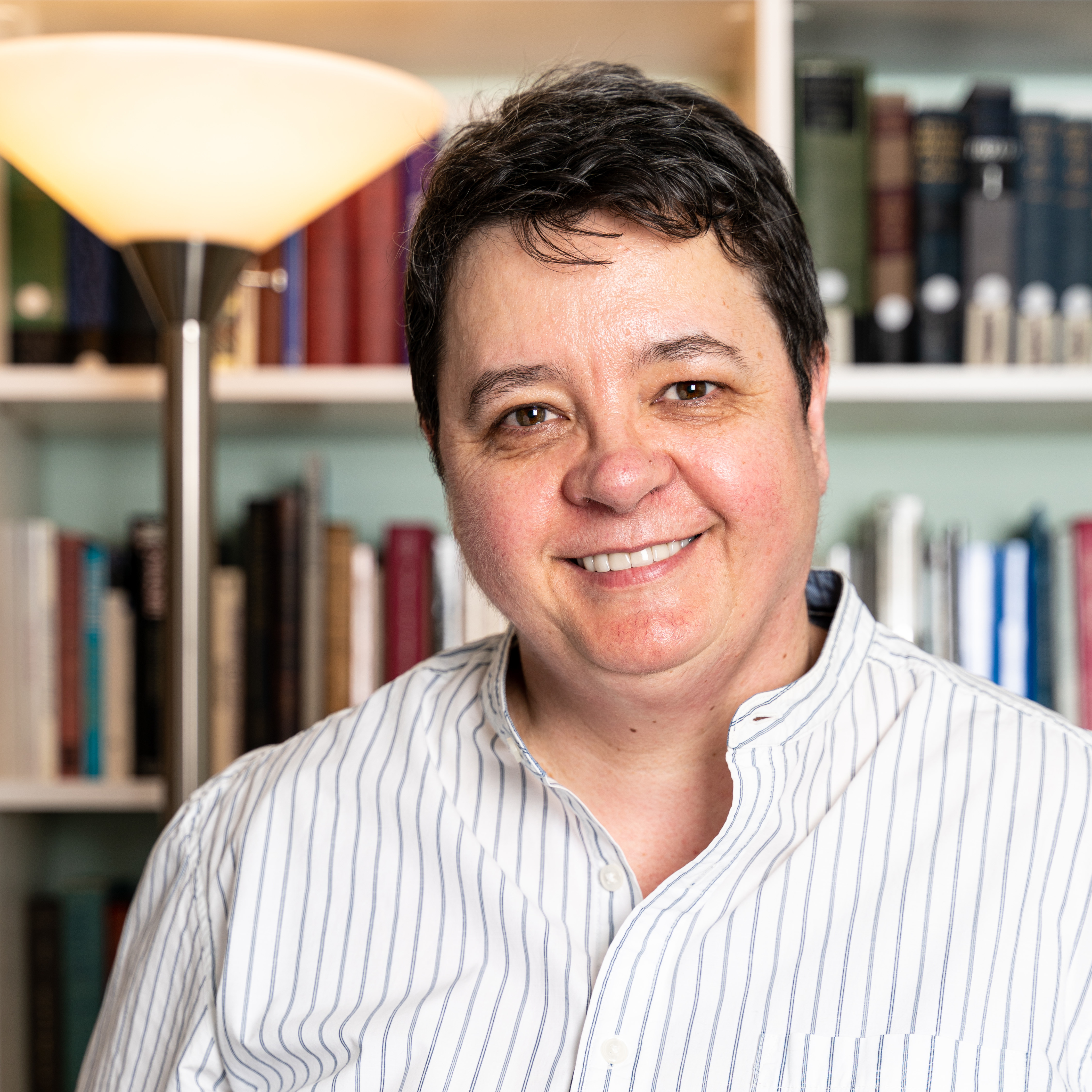Joy Dixon
Research and Teaching Area
About
Joy Dixon is an Associate Professor in the History Department here at UBC. They teach European history, world history, the history of religion, the history of gender and sexuality, and historiography – the history of how we write and think about the past. Their first book – Divine Feminine: Theosophy and Feminism in England (2001) was on the relationships between what we would now call “alternative” or esoteric religion and progressive politics – especially feminist politics – in the late-nineteenth and early-twentieth centuries in Britain. They are just finishing a second book, on the rise of the new sexual sciences and their impact on religion and religious experiences in modern Britain. That book looks at a whole range of religious (and non-religious) movements, from liberal modernism to new religions like neo-paganism and Magick to the new orthodoxies of conservative Catholicism and modern evangelicalism, as well as the modern secularist movement. Their next project is on evangelicalism and sexuality in Britain since 1945. They have had a long-standing interest in what we are calling “sources of the self” – from religious belief and practice to gender and sexual identity. They are particularly interested in the role of the body and the ways that gender and sexuality, racialization, and ability/ disability, among other factors, have shaped and reshaped the ways that bodies and selves intersect.
